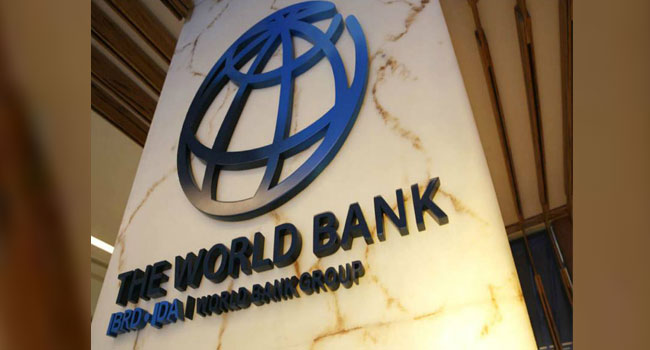Nigeria has received the full $1.5bn disbursement of a World Bank loan following the Federal Government’s rapid implementation of critical economic reforms, including the removal of fuel subsidies and the introduction of comprehensive tax policies. This funding, part of the Reforms for Economic Stabilisation to Enable Transformation (RESET) Development Policy Financing initiative, is one of the fastest disbursements in Nigeria’s history, with both tranches delivered in less than six months.
The first tranche of $750m, a 12-year maturity credit with a six-year grace period, was disbursed on July 2, 2024, shortly after the loan’s approval in June. The second tranche, with a 24-year repayment period and an 11-year grace period, was released in November, after the government met reform conditions, including fully deregulating the fuel market and introducing far-reaching tax measures.
Fuel subsidies were removed ahead of schedule, aligning petrol prices with international market rates and freeing public finances from a fiscal burden. Meanwhile, sweeping tax reforms, including a proposed gradual VAT increase to 10% by 2025 and expanded tax compliance measures, were submitted to the National Assembly in October.
Despite the World Bank’s praise for Nigeria’s reforms, the removal of fuel subsidies has significantly increased living costs, sparking public protests in cities like Lagos, Kano, and Abuja. President Bola Tinubu defended the reforms as necessary for economic stability, pledging to redirect savings toward infrastructure, social welfare, and economic diversification. Relief measures, such as direct cash transfers of N25,000 to 15 million vulnerable households, have faced criticism for limited reach, benefitting only four million households so far.
Efforts to promote compressed natural gas as a cheaper fuel alternative and reduce transportation costs are underway, with plans to convert over one million vehicles within three years.
The World Bank acknowledged Nigeria’s progress in addressing structural inefficiencies, calling for sustained reforms to strengthen revenue mobilisation and reduce dependency on external loans. However, concerns about Nigeria’s rising external debt remain, with the government having secured $6.95bn in World Bank loans over the past 18 months.
Culled from: Punch

